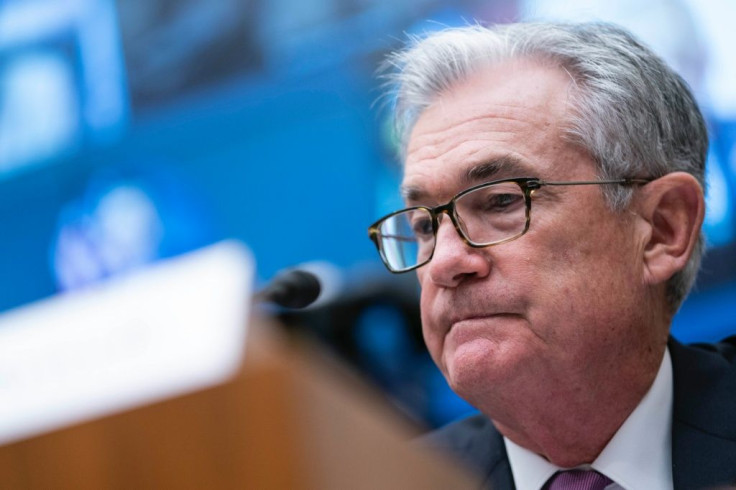US Fed Pulls Back On Stimulus But Doesn't Alter Inflation View
The Federal Reserve announced Wednesday it will start reducing the pace of its stimulus bond purchases later this month as the US economy makes a solid recovery from the pandemic.
But the central bank's Federal Open Market Committee (FOMC) did not significantly alter its stance on rising US inflation in a statement released following its two-day policy meeting.
While the Fed recognized that strong demand coupled with supply issues have "contributed to sizable price increases in some sectors," officials continue to view the elevated inflation as a result of "transitory" factors.
However the Fed is prepared to remove stimulus faster if warranted, according to the statement.
The world's largest economy has seen growth rebound strongly, with consumers spending freely on cars, houses and other goods, but supply bottlenecks and shortages have caused prices to rise, prompting some criticism that the Fed has become complacent about inflation risks.
The FOMC statement seemed aimed at striking a balance, recognizing "elevated" inflation but repeating that it is "largely reflecting factors that are expected to be transitory."
The committee notes that despite the setback from the summer's wave of infections from the Delta variant of Covid-19 that slowed growth, "Progress on vaccinations and an easing of supply constraints are expected to support continued gains in economic activity and employment as well as a reduction in inflation."

The Fed slashed the benchmark borrowing rate to zero in March 2020 just after the pandemic began on US shores, causing widespread business shutdowns.
It also began buying $80 billion a month in Treasury bonds and at least $40 billion in agency mortgage-backed securities to prevent a financial collapse.
The committee said it will this month start reducing the monthly pace of purchases by $10 billion for Treasuries and $5 billion for mortgage-backed securities.
While the FOMC expects to continue lowering the total by the same amount each month, "It is prepared to adjust the pace of purchases if warranted by changes in the economic outlook," the statement said.
More economists are warning that Fed Chair Jerome Powell has been too complacent about the inflation risk, and are urging him to change his tune.
Powell, who is awaiting word on whether President Joe Biden will name him for a second term, has said the Fed will not begin raising interest rates off zero until it has finished tapering its bond buying program.
Ian Shepherdson of Pantheon Macroeconomics said the FOMC statement offered a "a modest hawkish shift," but expects Powell to continue to defend his view that inflation pressures are temporary and likely to fade.
© Copyright AFP {{Year}}. All rights reserved.




















